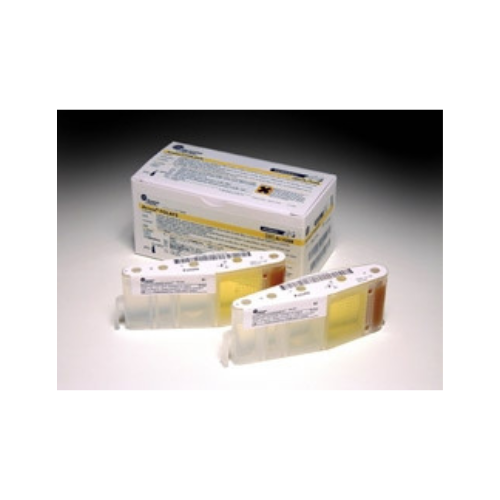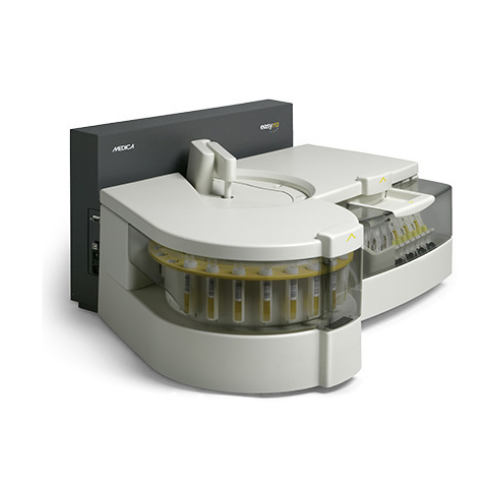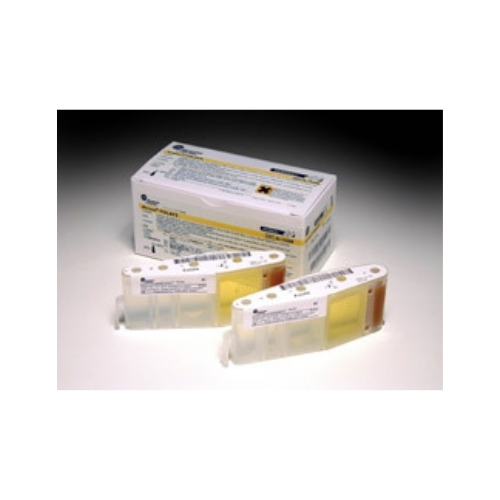For Business Use Only. Does Not Ship to Residential Addresses. For use inside an Analyzer, Sold Separately.
Beckman Coulter Access DHEA-S Reagent, 100 Determinations, 2 x 50 tests
Product Code: A10826
Manufacturer: Beckman Coulter
Shipping Weight: 10.00lbs (4.54kg)
Specifications
Brand: Access®
Manufacturer: Beckman Coulter
Country of Origin: United States
Application: Reagent
For Use With: For use with Access Immunoassay Systems
Number of Tests: 100 Tests
Storage Requirements: Requires Refrigeration
Test Name: Dehydroepiandrosterone Sulfate (DHEAS)
Test Type: Reproductive Endocrinology Assay
Intended Use
The Access DHEA-S assay is a paramagnetic particle, chemiluminescent immunoassay for the quantitative determination of Dehydroepiandrosterone sulfate levels in human serum and plasma using the Access Immunoassay Systems.
Summary and Explanation
Dehydroepiandrosterone sulfate (DHEA-S) is a steroid synthesized primarily by the adrenal gland. In those tissues containing sulfatase activity, DHEA-S can be converted to free steroid DHEA. Susbsequently, DHEA and/or DHEA-S may be partially metabolized into active androgens and estrogens.
Serum and plasma DHEA-S levels are found to be the highest of all steroids. DHEA-S levels decrease with age in both men and women after maximum levels are reached around the third decade of life. The half-life for DHEA-S is approximately 8 to 10 hours as compared to the 30 to 60 minute half-lives of other androgens. The long half-life of serum DHEA-S coupled with the limited diurnal variation make DHEA-S a convenient marker for the assessment of adrenal production.
DHEA-S may be used in the differential diagnosis of Cushing's syndrome. DHEA-S may also be used to evaluate adrenocortical diseases, such as congenital adrenal hyperplasia and adrenal tumors. In hirsute female patients, increased DHEA-S levels have been associated with virilizing adrenal tumors. Patients with polycystic ovary syndrome have often demonstrated elevated levels of DHEA-S, suggesting an adrenal androgen contribution to the defect in this disorder.











